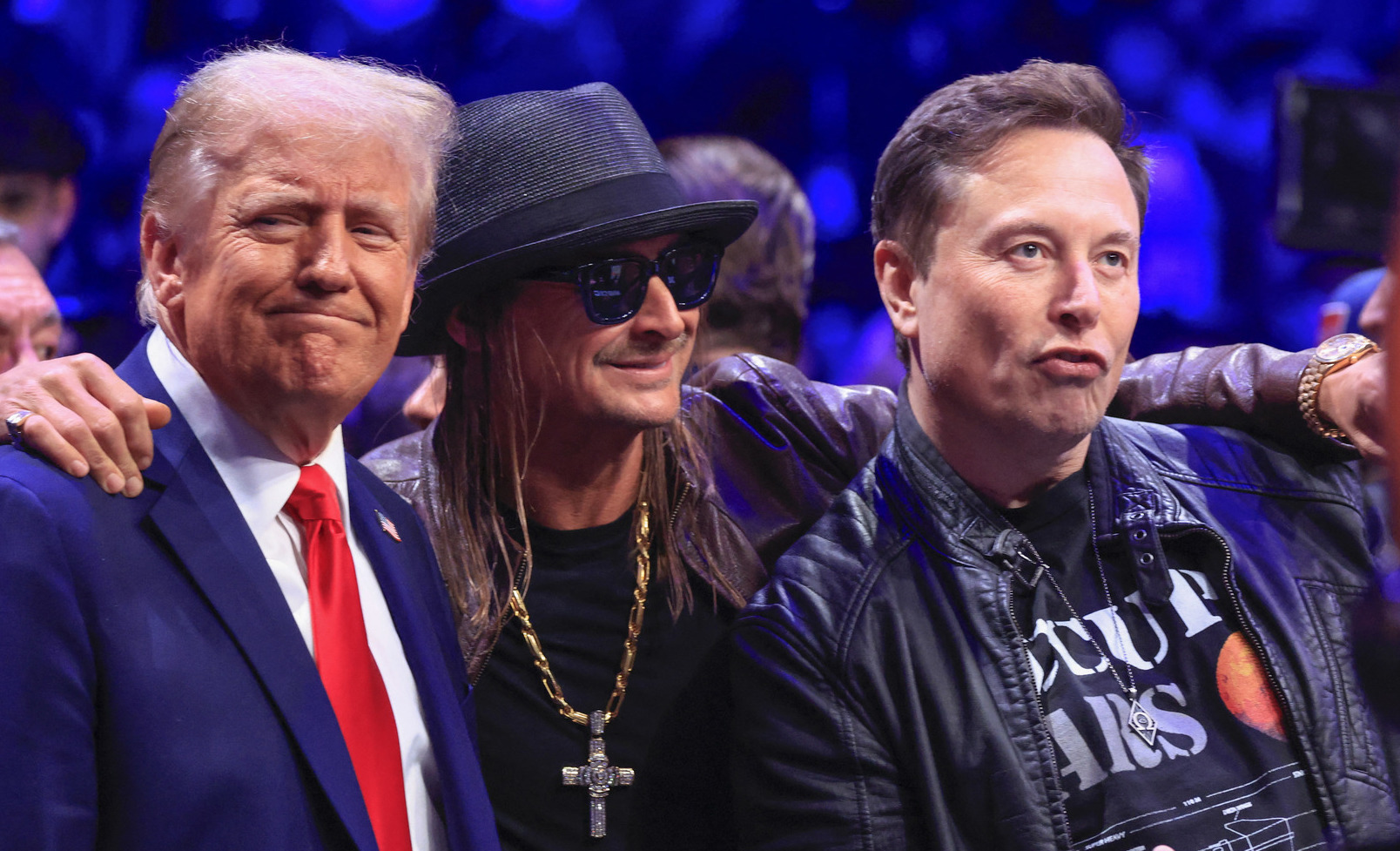The “anti-woke economy” is struggling to prove its value in a country that just handed the popular vote to Donald Trump. That isn’t to say it’s over for investors like the president-elect’s son, Donald Trump Jr., who is joining a venture capital firm that invests in companies espousing conservative values. It’s merely to say that the rest of the corporate world has social license to compete again.
Tensions between elites and their customers grew after Trump’s 2016 victory, soared higher during the height of #MeToo, then exploded in 2020. Much of corporate America went on the political offence, fearing backlash from the Left over “microaggressions”, accusations of complicity, and any personal or professional association with the Right.
Savvy entrepreneurs knew this would alienate significant swathes of the public. They saw an opening for businesses that gave shoppers options to patronise companies that were proactively anti-woke and openly patriotic, either in their messaging, their manufacturing, or both.
Enter PublicSquare. In a Monday profile of Donald Trump Jr.’s anti-woke business ventures, the Wall Street Journal reported that PublicSquare appeared to be struggling. The company, founded in 2021 as a platform for businesses to find anti-woke consumers, “reported a loss of $36.9 million on revenue of $16 million in the first nine months of 2024. PublicSquare announced last week it laid off about 35% of its workforce.”
After going public in 2023, the Journal says “PublicSquare’s shares closed at $29.80 that day but are now trading at around $2, a decline of more than 90%, giving the company a market value of around $70 million. PublicSquare now plans to “shift its focus to providing ‘cancel proof’ payments technology for merchants — some of whom say their payment processors have ‘canceled’ them based on politics.”
There’s a version of the future in which this could be a profitable venture. But does that future exist after a second Trump administration? Donald Trump Jr., an early PublicSquare investor, clearly believes so. The President-elect’s son recently joined 1789, a venture capital fund dedicated to investing in the “parallel economy”, from Tucker Carlson’s media company to aerospace.
According to the Journal, 1789’s target is to raise $100 million to invest in areas including “Deglobalisation” and “Sectors Impaired by ESG Mandates,” a reference to the environmental, social and corporate-governance standards that conservatives have railed against. An investor presentation reportedly noted “opportunity” created by brands such as Bud Light, Target, and Disney, which leaned into progressive social causes.
A sceptic might note that Bud Light apologised and that MAGA fans are celebrating Trump’s latest win as a cultural victory over wokeness. Meanwhile Elon Musk bought X and Mark Zuckerberg regrets bowing to censorship pressure from Democrats. Corporate America no longer wants to find itself in the same situation that Bud Light found itself in.
Yet one of the few demographics with which Kamala Harris did better than Joe Biden was with white, college-educated voters and the affluent. That’s a sign that the cultural gulf between classes is sharpening. And while some executives may be backing away from ESG, plenty of analysts don’t think it will fade anytime soon. From corporate Human Resources departments to news outlets, a generation of millennial culture warriors will not simply unlearn the worldviews they were taught by institutions. (See the case of Democratic Rep. Seth Moulton, who saw staff quit over anodyne comments he made about trans athletes in girls sports.)
It may be inconsistent to see Trump’s victory as total defeat over wokeness while also betting on the parallel, anti-woke economy. Yet while the market will likely shrink, there is still money to be made. As in the media and Hollywood, democratisation led by new technology means that niche options outside the shrivelling monoculture are still profitable.











Join the discussion
Join like minded readers that support our journalism by becoming a paid subscriber
To join the discussion in the comments, become a paid subscriber.
Join like minded readers that support our journalism, read unlimited articles and enjoy other subscriber-only benefits.
Subscribe